A few years ago, I fell hopelessly in love with Harriet Walter. It only lasted an hour or two: she was playing Brutus in Phyllida Lloyd’s all-female production of Julius Caesar, and there she was, aloof, damaged, burning with pride and suppressed sorrow.
The Donmar theatre’s production was set in a women’s prison, as if performed by inmates. In Walter’s mind, we learn in her latest book, she was not playing white, older, educated Brutus, but ‘Hannah’, a long-term prisoner whose presence in the jail she based on the story of Judith Clark, an anti-capitalist revolutionary imprisoned for driving the getaway car at a fatal bank robbery. It is a rare moment of political predictability in an acting memoir otherwise notable for its focused scrutiny of Shakespeare’s language.
Walter’s 2012 turn as Brutus has become cult theatre — it turns out that my crush was far from unique. This winter, the Donmar has revived the production as part of a trilogy with Lloyd’s 2014 Henry IV, in which Walter plays the title role, and a new production of The Tempest, giving her a chance to tackle Prospero. The results are electric; an extraordinary success for British theatre’s new addiction to mixing up gender in performance. It’s a disappointment, then, that Brutus and Other Heroines focuses less on this achievement and more on Walter’s history of, well, more traditional Shakespearian heroines. There’s plenty on gender, less on gender-bending.
Walter certainly has an impressive back-catalogue of performances, but for an actor at the heart of the British theatre world she’s short on gossip, long on plot summary. She is grateful, for example, that Patrick Stewart was keen to play Antony to her RSC Cleopatra — most major male actors, we are told, scorn it as a supporting role — but that’s all we hear about him for the rest of the chapter. Earlier, we are informed, as if to affirm Walter’s own good sense, that she asked the fabled thespian, Dame Peggy Ashcroft, for advice on playing Portia. What the advice was, we never learn.
What is clear is that Walter understands Shakespeare’s language instinctively. Each of her chapters — Ophelia, Beatrice, Lady Macbeth, etc. — is effectively a walkthrough the role’s best lines, with a guide to how Walters approached them. There are worthy insights: Lady Macbeth’s reproach to her husband, just as he gets cold feet about the whole murder malarkey, is fisked for evidence that it is he who has previously been, off-stage, the instigator. ‘What beast was’t then/ That made you brake this enterprise to me? …Not time nor place/ Did then adhere, and yet you would make both.’ Does this suggest, as Walter would have it, that Macbeth had already suggested murder before Duncan offered himself up as a convenient house guest — in his letter, or perhaps even before the encounter with the witches? Or is Walter, in her determination to vindicate his wife, going too far with the feminist revision? She makes a good case.
Elsewhere, there are glimpses of the vitality of Walter’s performances — and of the fluid developments in each production that the theatre critic, privy only to the experience of one evening, can never capture. In Cymbeline, as Imogen she played opposite Donald Sumpter’s Iachimo, who liked to vary how plausible his tale of her husband’s infidelity should be each night. But revelations are few and far between. Will any reader dispute that Beatrice’s injunction, in Much Ado About Nothing, to ‘Kill Claudio’ is more a test of Benedick’s loyalty than serious incitement to murder? Or that Hamlet’s relationship with Claudius and Gertrude is ‘a love triangle with an Oedipal slant’? It’s all a bit Cliff’s Notes, with added comments on performance.
The most uplifting read is Walter’s epilogue, a mournful, gentle love letter to Shakespeare, eloquently reproaching him for giving all the meaty parts to male characters. ‘As Brutus, I felt so privileged to play a character whose main concerns were freedom, power, morality and mortality.’ Scenes between Shakespeare’s female characters, she observes, struggle to pass the Bechdel test.
There’s less, however, on what this trend for cross-gender casting — in which Walter has been such an important figure — is likely to mean for our future understanding of Shakespeare. Lloyd’s productions work because — as Walter notes — they introduce us to a group of female characters, toughened but vulnerable, then show us how these woman prisoners might ape masculinity, mocking, in Caesar, Falstaff or Mark Antony, the men they know. Elsewhere, however, our eagerness to render great roles ‘gender-neutral’ has drained away many of the insights Shakespeare was quite capable of making for himself about sex and gender. In Glenda Jackson’s recent run as Lear, for example, the role becomes sexless, either by design or accident. As a conduit for pure emotion, Jackson is still magnificent, but we lose all sense of a father’s particular indulgence for his daughters, or the menace they feel when he turns up at their own estates, the boorish leader of 100 macho knights. A female Lear isn’t the solution to every feminist prayer.
Perhaps that isn’t Harriet Walter’s problem. She has set out to explore her own history of Shakespearian roles, no more no less. It just so happens that the last two chapters concern male roles. Drama students approaching these parts themselves will find it a helpful textual guide. There’s just the lingering sense of a missed opportunity.
Got something to add? Join the discussion and comment below.
Get 10 issues for just $10
Subscribe to The Spectator Australia today for the next 10 magazine issues, plus full online access, for just $10.
You might disagree with half of it, but you’ll enjoy reading all of it. Try your first month for free, then just $2 a week for the remainder of your first year.

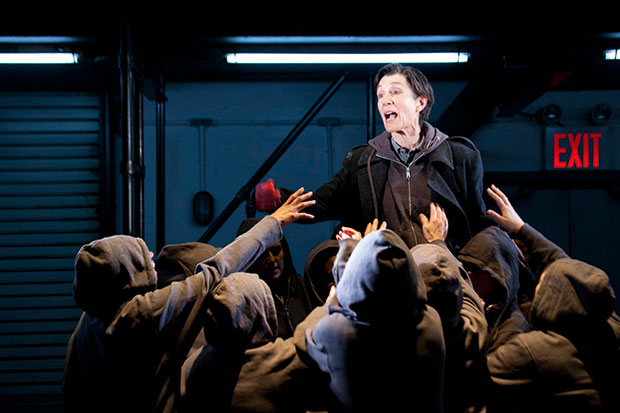
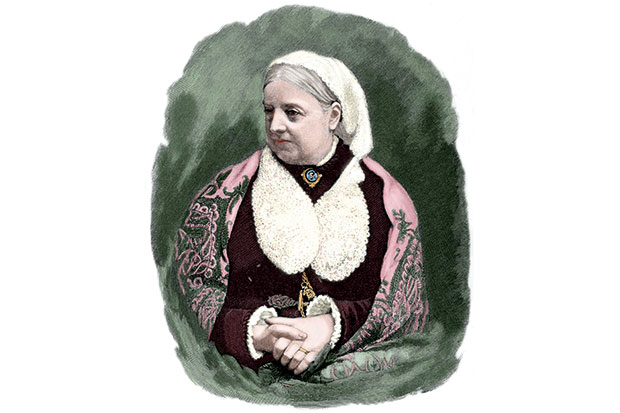
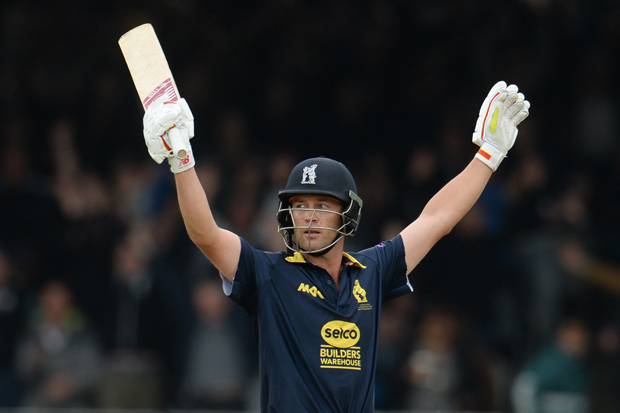
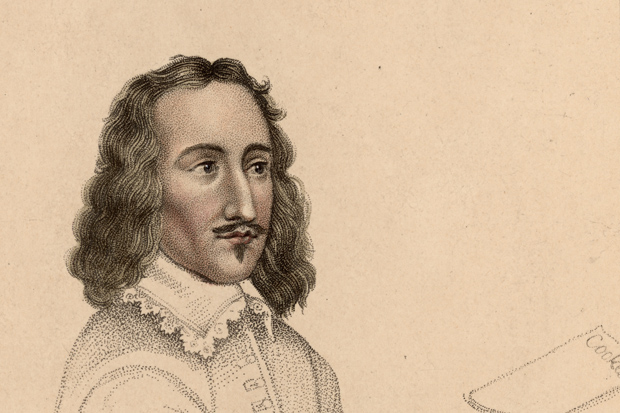
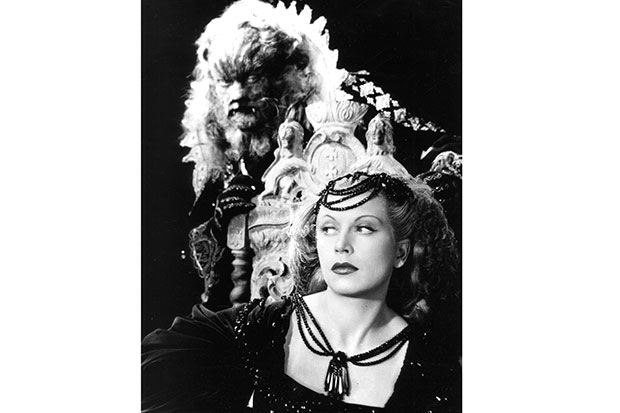

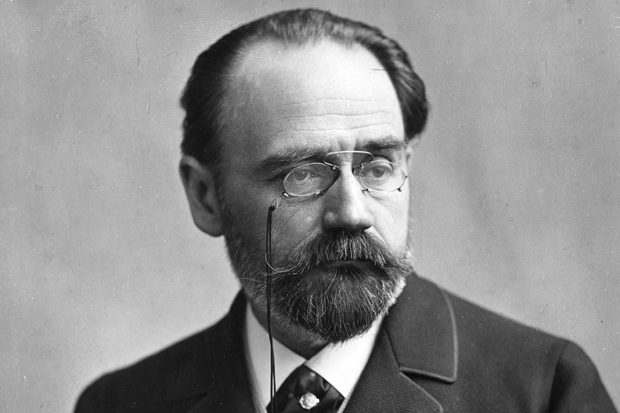






Comments
Don't miss out
Join the conversation with other Spectator Australia readers. Subscribe to leave a comment.
SUBSCRIBEAlready a subscriber? Log in